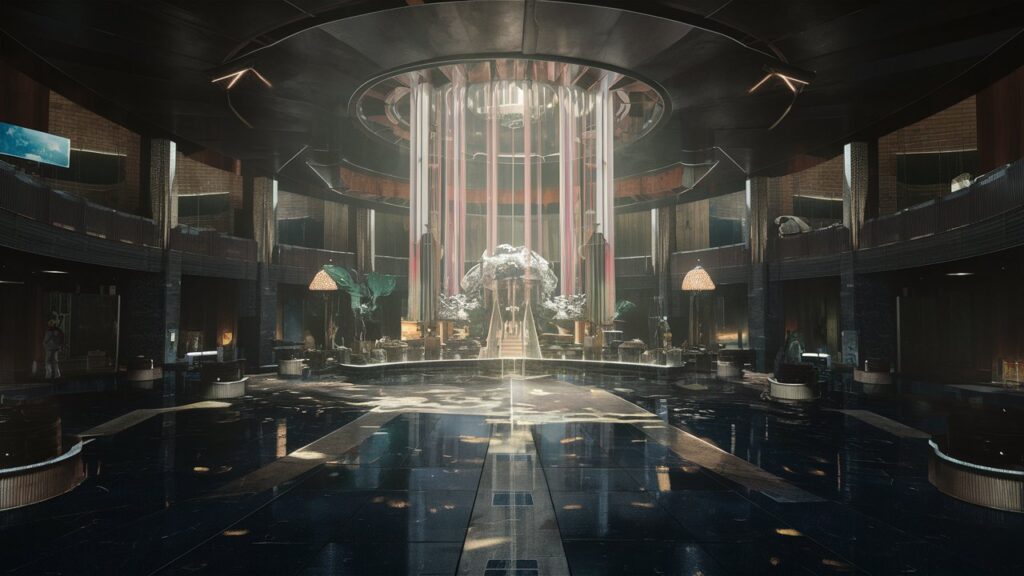When Hotels Go to War
In the bustling arena of the hospitality industry, hotels constantly engage in strategic maneuvers to gain a competitive edge. This article delves into the concept of “hotels going to war,” exploring the various tactics and strategies employed by these establishments to emerge victorious in the battle for guests’ attention and patronage.

Understanding the Concept of “Hotels Going to War”
In a metaphorical sense, “hotels going to war” signifies the intense competition and rivalry among hospitality providers. It encompasses a range of aggressive tactics aimed at outperforming rivals and capturing market share.
The Battle for Guests: Price Wars and Discounts
One of the most common battlegrounds for hotels is pricing. In an effort to attract more guests, establishments often engage in price wars, slashing rates and offering enticing discounts. While this may lead to short-term gains, it can also erode profitability and commoditize the industry.
Innovations and Technology: The Armory of Modern Hotels
In today’s digital age, technology plays a pivotal role in hotel warfare. From mobile check-ins to smart room features, hotels leverage innovative technologies to enhance guest experiences and stay ahead of the competition.
Marketing Offensives: Strategies to Attract and Retain Guests
Effective marketing is essential for hotels seeking to stand out in a crowded marketplace. Through targeted advertising campaigns, social media engagement, and loyalty programs, hotels aim to attract new guests while retaining existing ones.
Brand Wars: The Importance of Identity and Differentiation
Establishing a strong brand identity is crucial for hotels looking to distinguish themselves from competitors. By crafting unique narratives and offering distinctive amenities, hotels can forge emotional connections with guests and foster loyalty.
Collaborative Alliances: The Diplomacy of Joint Ventures
In an era of globalization, hotels often form strategic alliances with other businesses to expand their reach and offerings. Whether through partnerships with airlines, travel agencies, or local attractions, collaborative ventures can create mutually beneficial opportunities for growth.
Sustainability as a Weapon: Eco-Friendly Initiatives and Their Impact
In recent years, sustainability has emerged as a key battleground in hotel warfare. By implementing eco-friendly practices such as energy conservation, waste reduction, and responsible sourcing, hotels can appeal to environmentally conscious guests and enhance their brand reputation.

The Role of Reviews and Reputation in Hotel Warfare
In the age of online reviews and social media, reputation management is paramount for hotels. Positive reviews can bolster credibility and attract new guests, while negative feedback can have damaging repercussions. As such, hotels must actively monitor and respond to guest feedback to maintain a positive image.
The Impact of Global Events: Adaptation and Resilience
External factors such as economic downturns, natural disasters, and pandemics can significantly impact the hotel industry. Successful hotels demonstrate agility and resilience in the face of adversity, adapting their strategies to navigate turbulent times and emerge stronger.
Case Studies: Notable Examples of Hotel Conflict
Examining real-world examples of hotel warfare provides valuable insights into the dynamics of competition within the industry. From price wars between budget chains to branding battles among luxury resorts, case studies offer lessons in strategy and execution.
The Future of Hotel Wars: Trends and Predictions
Looking ahead, the landscape of hotel warfare is poised to evolve further. Emerging trends such as AI-driven personalization, contactless experiences, and immersive technologies are expected to reshape the guest experience and redefine competitive dynamics.
Conclusion: Navigating the Battlefield of the Hotel Industry
In conclusion, the concept of “hotels going to war” underscores the fierce competition and strategic maneuvering within the hospitality industry. By understanding the key battlegrounds and adopting innovative strategies, hotels can position themselves for success in an ever-changing marketplace.
FAQs: Clarifying Common Queries
1. How do hotels compete in terms of pricing?
Hotels often engage in price wars and offer discounts to attract guests, but they must balance competitiveness with profitability.
2. What role does technology play in hotel warfare?
Technology is a critical tool for enhancing guest experiences and staying ahead of competitors, from mobile check-ins to smart room features.
3. How important is branding for hotels?
Strong branding helps hotels differentiate themselves and forge emotional connections with guests, fostering loyalty and repeat business.
4. How do hotels manage their reputation in the digital age?
Hotels actively monitor and respond to online reviews and social media feedback to maintain a positive image and attract new guests.
5. What are some future trends in hotel warfare?
Emerging trends include AI-driven personalization, contactless experiences, and sustainability initiatives, which are expected to reshape the industry.
Post Comment